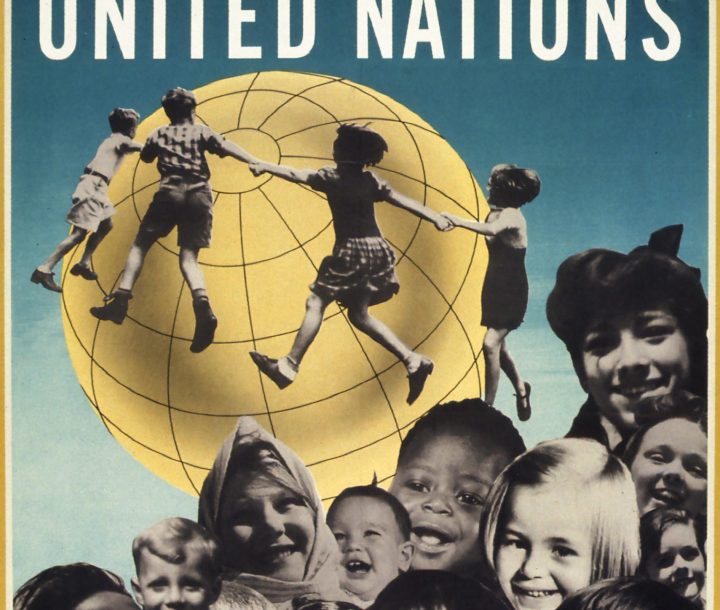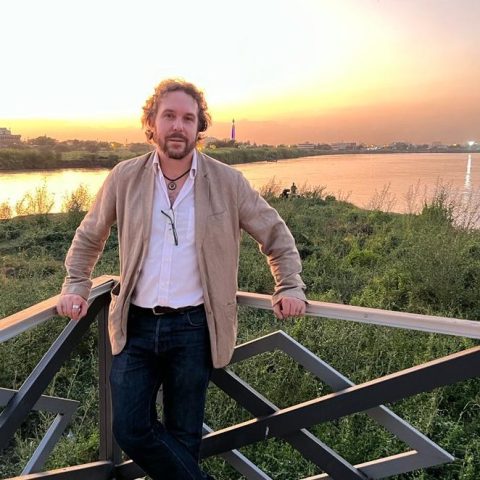Drawing on Michel Foucault’s philosophical theory of a power triangle, Thomas Lay’s paper explores the relational dynamics between International Non-Governmental Organisations (INGOs), the United Nations (UN), and sovereign states.
This fascinating paper posits that INGOs have become comfortable and entrenched in a ‘parent-child’ relationship between themselves and their ‘home’ government, aided by the emergence of multilateral aid after World War Two.
Arguing that the golden era of multilateral aid is long past, Lay challenges INGO leaders to reflect on their current position and asks them to consider the future landscape of humanitarianism.
He contends that current leaders need to be bold and pivot from current managerialist approaches to a zeitgeist position of ecosystemic leadership frameworks, conceiving of a new era of ‘Consolidated Humanitarianism’ in which INGOs reimagine their role in the sector by practicing distributed leadership, harnessing the convening power of existing networks and empowering the current talent pool.
Photo credit: A vintage 1959 United Nations poster depicting a globe with children. © Shawshots / Alamy Stock Photo



